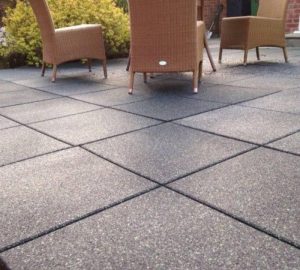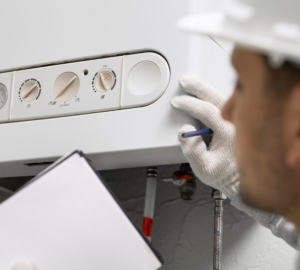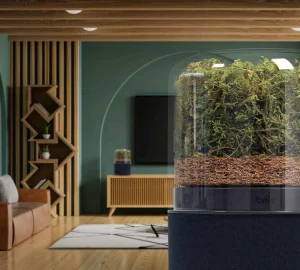You know you have to change the filter in your AC unit every couple of months, what you may not know is what the best filter is or your particular unit. Here are some tips to get you started.
Get the Right Size
This is a case where all filters are not created equal. To give you the best performance, your AC filter should fit tightly in the space. If it fits too loosely, it really won’t do you any good and will filter very little. Check your equipment’s specifications to buy the right one as far as area and thickness.
Understand the Different Filter Types
Among the filters available for home use, you will find several disposable options which include:
- Pleated – They pick up large and small particles
- Fiberglass – They collect larger particles and are cheaper than pleated ones
- Electrostatic – Their electrically charged fibers collect more particles, both large and small
You can also find permanent electrostatic filters. They are washable and this means you will have to buy a new one every six to eight years. Dry them completely after every wash to make sure they keep on working as they should.
Compare the MERV Rating of Available Options
The Environmental Protection Agency has established a classification for filters, giving home filters a rating between 1 and 13 according to their efficiency.
Although you may tend to go for one with a higher number, you should know that the greater the efficiency rating, the lower the airflow. Refer to your AC unit’s recommendation before purchasing a new filter
What are MERV ratings?
MERV stands for “minimum efficiency reporting value,” and this is how filters are rated in their ability to trap tiny particles and go from one to 20. The higher the MERV ratings, the more effective filters are.
HEPA filters are placed at the highest end. They are able to remove 99.97% of dust, pollen, mold, bacteria, and other airborne particles with a size as small as 0.3 microns. For comparison, Covid-19 is thought to be between 0.06 to 1.4 microns.
Most homeowners may find it difficult to retrofit their existing system to accommodate a HEPA filter or any other than the recommended by the system’s manufacturer. Doing so can actually impair the system’s performance.
High-efficiency filters in the 13-to-16 MERV range are used in hospitals, nursing homes, and places where filtration is important.
How often do home air filters need to be changed?
Going too long between filter changes will result in an added strain to your system while also impacting the quality of the air you and your family will be breathing. Get in the habit of inspecting your filter regularly.
If you have engaged in a remodeling project or any activity that generates huge quantities of dust, have several new filters on hand and change them as they become clogged with dust. Don’t wait until your system is too strained to work properly before you change the filter.
Otherwise, check your AC unit’s recommendation as to the size and frequency of filter changes. Generally, you can assume that you can go 60 to 90 days between filter changes. Although if someone in your household suffers from allergies, more frequent changes may be called for.











